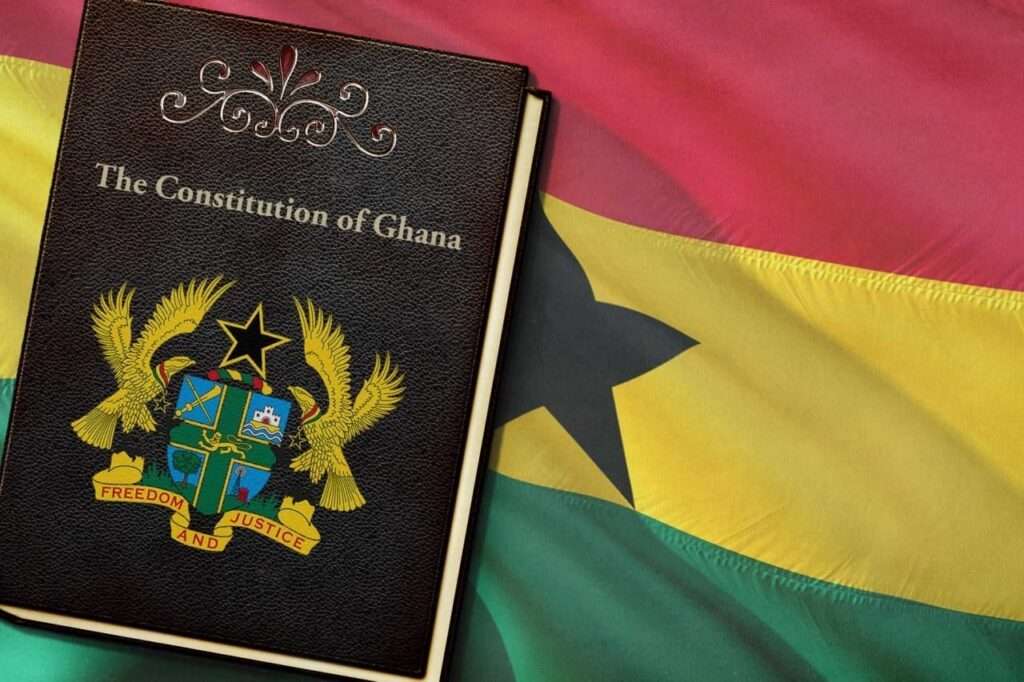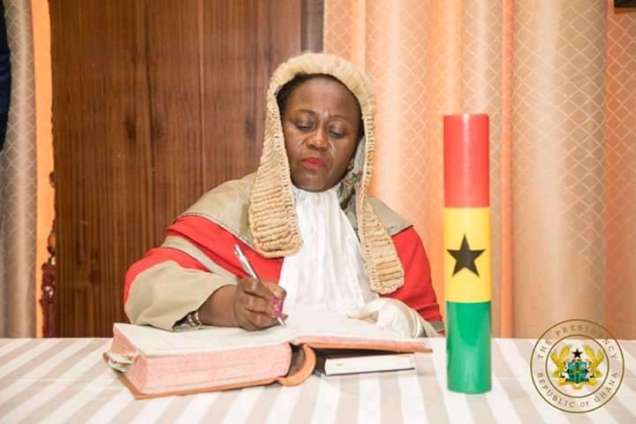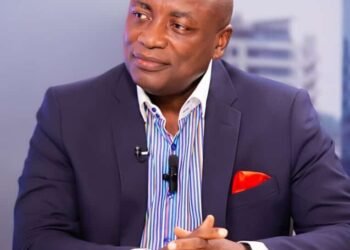The recent removal of Chief Justice Gertrude Araba Torkornoo has sparked an intense national debate, with legal experts, politicians, and citizens questioning whether the action represents a legitimate application of constitutional law or a threat to judicial independence.
Prominent lawyer Thaddeus Sory, who represents one of the petitioners in the case, has waded into the controversy, raising critical questions about whether this moment should be seen as an issue of “judicial independence or judicial impunity.”
According to Sory, the Chief Justice’s removal is a constitutional matter, subject to any legal rights she may choose to assert in challenging the decision.
“The earlier noises about her removal process being contrary to law have evaporated because none of its proponents was honest enough to fight this case on behalf of the erstwhile Chief Justice.”
Thaddeus Sory
Sory explained that the Constitution of Ghana clearly outlines the procedure for removing a Chief Justice under Article 146 clauses (6) to (10).
He pointed out that a Chief Justice may be removed on three specific grounds: misbehaviour, incompetence, or inability to perform their duties.
He highlighted that the petition filed by Dan Ofori against the former Chief Justice was based on allegations of misbehaviour and incompetence.

While the Constitution does not explicitly define misbehaviour, Sory explained that legal interpretation and constitutional conventions allow for a reasonable understanding of such terms.
To provide context, he referred to the landmark case Agyei Twum v Attorney-General & Akwetey [2005-2006] SCGLR 682, which has been widely cited in this matter.
In that case, Justice Asiamah emphasized that “the Chief Justice should not be seen to be manipulating the justice system or promoting the prostitution of the system through meddlesome interference in the judicial work of the judges.”
According to Sory, this precedent establishes that certain actions by a Chief Justice could indeed constitute misbehaviour under the law.
Chief Justice’s Misbehaviour: Big Or Small?
Thaddeus Sory further explained that the debate about whether certain acts of misbehaviour are “big” or “small” is not for the public or commentators to decide.
“The petition also contained several allegations of arbitrary and capricious behavior. If we agree that it amounts to misbehaviour, then the argument whether it is a big misbehaviour or a small misbehaviour is a question to be determined by the Committee who are to advise the President.”
Thaddeus Sory

He questioned whether violating the Constitution could ever be considered a minor issue, referencing a decision by the former Chief Justice herself in the Afenyo case, where she warned of the dangers and consequences of constitutional violations in official conduct.
Addressing concerns that the President’s involvement in setting up a committee to investigate the Chief Justice could be seen as executive interference, Sory cited legal precedent to refute this argument.
Dr. Date-Bah, in the Agyei Twum case, held that “the fact that it is the President who establishes a committee under article 146(6) to investigate an allegation that a Chief Justice has been guilty of such malfeasance does not necessarily imply executive interference in the affairs of the Judiciary.”
Sory stressed that the Constitution allows for checks and balances within the judiciary, making it clear that independence does not equate to immunity from accountability.
Financial Misconduct Allegations
One of the core allegations in the petition involved travel expenditures, which the petitioner characterized as “financial misappropriation.”
The complaint was based on Article 71 of the Constitution, with the petitioner arguing that benefits accorded to the Chief Justice under this article could not legally extend to her spouse or family members.
Sory criticized arguments downplaying the Chief Justice’s role in overseeing judiciary funds, dismissing claims that she was not a “Spending Officer” as “nonsensical.”
He compared the situation to past corruption cases involving officials like Selormey, Peprah, and Eugene Baffoe-Bonnie, who were held accountable regardless of their specific administrative titles.

Sory concluded by emphasizing that while the Constitution strongly protects judicial independence, it does not shield judicial officers from accountability.
He argued that attempts to portray the Chief Justice as untouchable are misguided and contrary to constitutional principles.
“It is completely fallacious to argue that a Chief Justice’s conduct in the administration of the Judiciary can never ever be construed as a stated misbehaviour or incompetence within the meaning of article 146(1) of the Constitution.”
Thaddeus Sory
In his closing remarks, Sory warned against what he described as a growing sense of impudence within certain circles, urging the Constitution to “whip them back in line.”
His analysis suggests that while Ghana must safeguard the independence of its judiciary, it must also guard against a culture of unaccountable power at the very top of its judicial system.
READ ALSO: GCB Bank Hajj Account to End Years of Pilgrimage Fraud



















